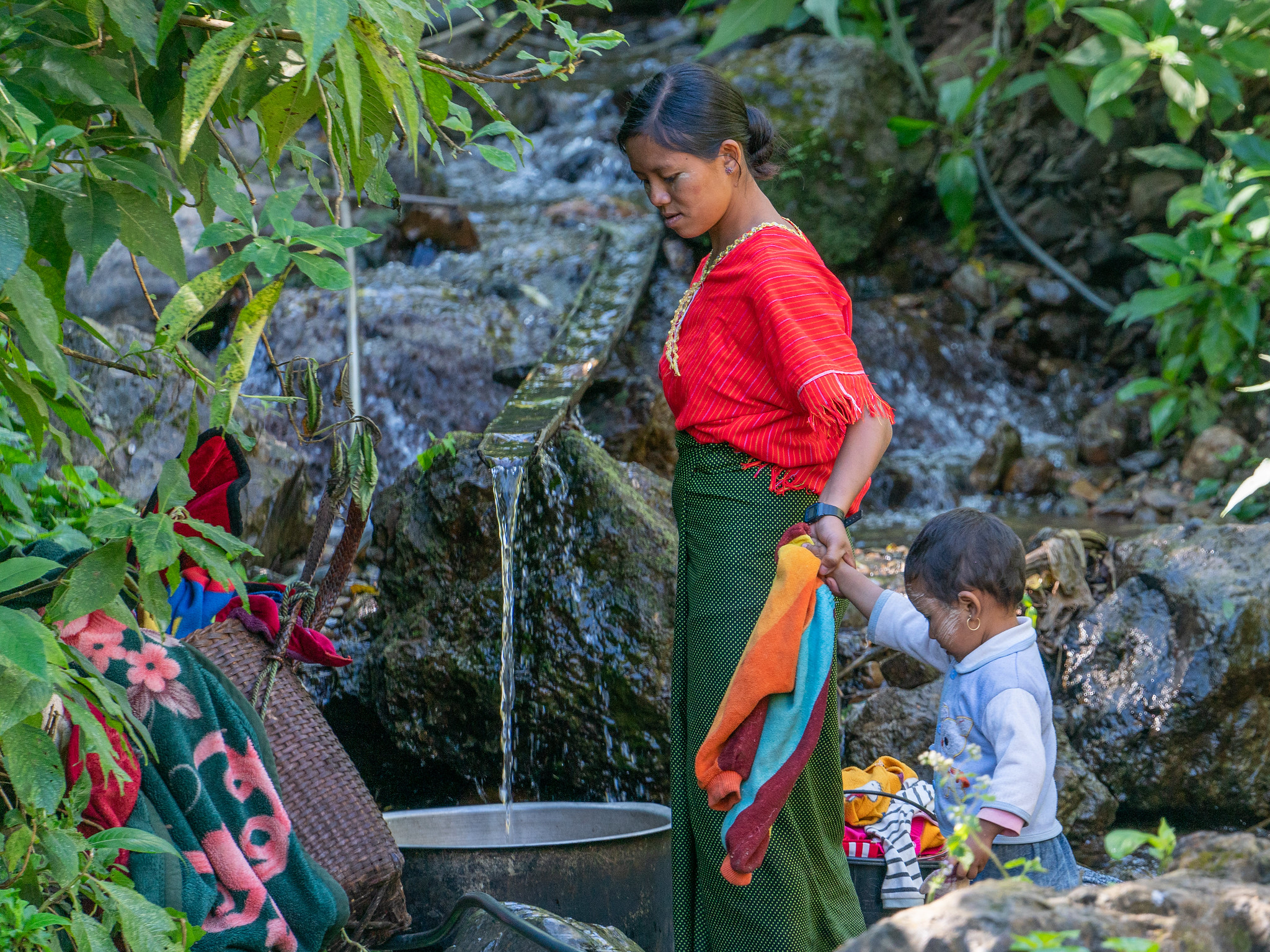There is a significant evidence gap globally on the feasibility, effectiveness, and cost-efficiency of midwife-led models of care in conflict and humanitarian settings. In collaboration with the Afghan Midwives Association we are undertaking an evaluation of midwife-led services in Afghanistan to help to address this gap. This study will generate timely actionable insights that can inform health system recovery, guide policy reform, and shape donor investment strategies. It presents a unique opportunity to support t the scale-up of a locally led model of care with the potential to advance health equity, strengthen community resilience, and safeguard maternal and newborn lives where the need is greatest.
The study aims to generate critical evidence on an innovative model of care that positions midwives—a cost-effective, skilled, and culturally trusted workforce—at the forefront of maternal and newborn health service delivery. In a context marked by severe shortages of skilled health providers, fragmented infrastructure, gender-based restrictions, and limited access to quality care, MLMC offers a transformative, community-based solution.
This project is strategically aligned with global priorities and responds to Afghanistan’s urgent call for equitable, sustainable and resilient healthcare systems. It supports the advancement of Sustainable Development Goals (SDGs) 3 and 5—focused on ensuring health and well-being and promoting gender equality—by evaluating the implementation, effectiveness, and sustainability of midwife-led maternity care (MLMC) services in one of the world’s most fragile settings.
Image: UNFPA Asia-Pacific/Afghanistan/2014

Learn more about the projects currently being undertaken within the ARPAN CRE.
